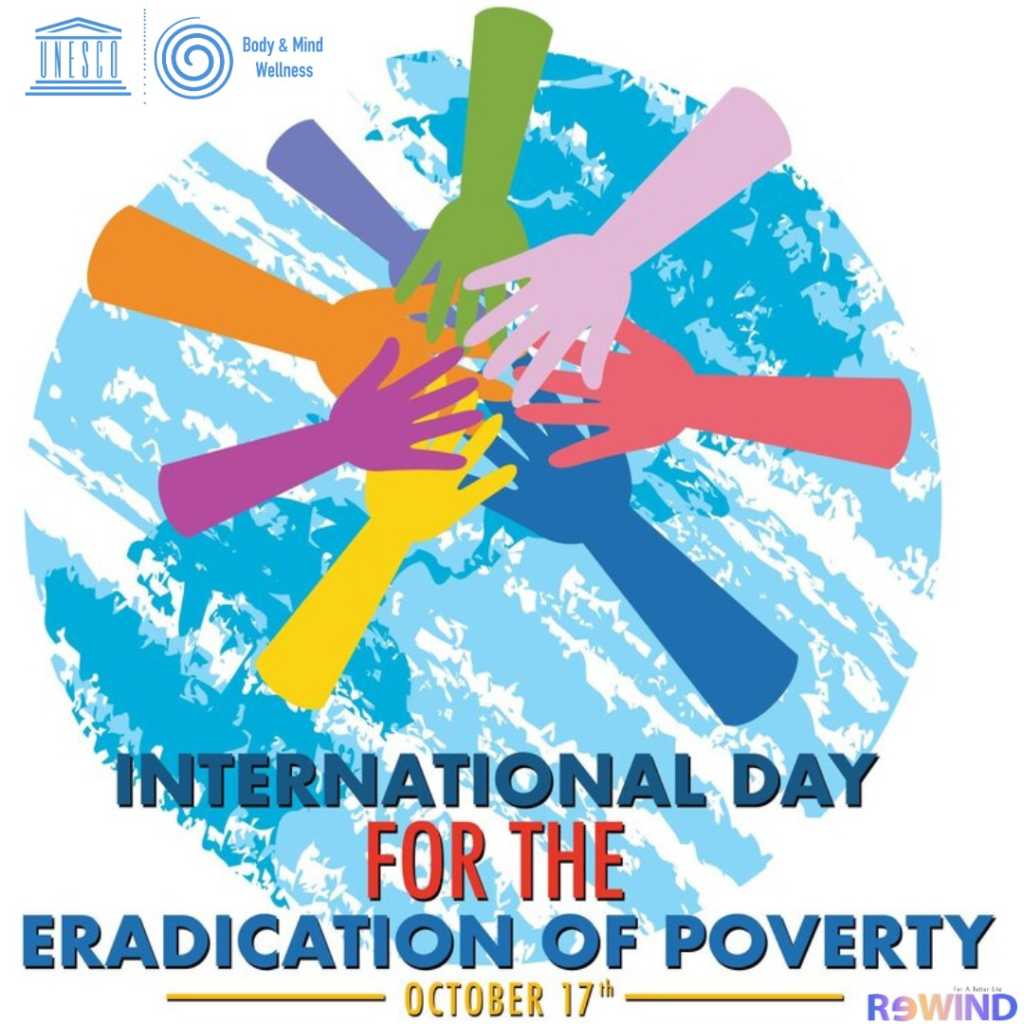
The Origin
The International Day for the Eradication of Poverty, observed annually on October 17th, was established by the United Nations General Assembly in 1992. The day recognizes the struggles of individuals living in poverty and promotes action to eliminate this global issue. The observance traces its roots back to October 17, 1987, when over 100,000 people gathered in Paris to honor victims of poverty, hunger, and violence. The United Nations adopted the resolution to observe this day in honor of the Universal Declaration of Human Rights, which emphasizes the right of every individual to live free from poverty and exclusion. Since then, the day has been marked by awareness campaigns, educational programs, and public events aimed at addressing and combating poverty around the world.
Importance of the Day
The International Day for the Eradication of Poverty serves as a crucial reminder of the ongoing fight against poverty and the need to ensure social justice and equality. With billions of people still living in poverty, this day highlights the necessity for sustained efforts from governments, civil society, and individuals to tackle systemic barriers. By focusing on inclusive policies, empowerment, and education, the day aims to amplify the voices of those in extreme poverty and work towards the United Nations Sustainable Development Goal (SDG) of eradicating poverty in all its forms by 2030. It is a call for global solidarity in addressing poverty and its root causes, encouraging participation in activities like workshops, advocacy campaigns, and educational outreach.
Theme for 2024
The theme for 2024 focuses on “Decent Work, Inclusive Growth, and the Eradication of Poverty.” This theme emphasizes the critical role that decent work opportunities play in alleviating poverty and promoting economic inclusion. It draws attention to the need for creating more equitable work environments that offer fair wages, protection for workers’ rights, and inclusive growth for marginalized populations. The theme also underscores the importance of addressing the intersectionalities of poverty with issues such as gender inequality, climate change, and access to education.
UNESCO BMW’s Involvement
Our organization actively supports the fight against poverty through various educational and empowerment initiatives. We offer vocational training programs, scholarships for underprivileged youth, and workshops aimed at promoting self-reliance and entrepreneurship. By collaborating with local communities, UNESCO BMW helps create sustainable employment opportunities and pathways out of poverty. We also engage in policy advocacy to influence governments and corporations to adopt pro-poor policies and provide platforms for marginalized voices. Through awareness campaigns, our organization continues to uplift communities, working toward creating an equitable world free of poverty.
UNESCO BMW’s Vision
UNESCO BMW’s rewind initiative envisions a world where poverty no longer holds individuals back from realizing their full potential.. Our efforts focus on empowering those most affected by poverty through education, skills training, and creative initiatives that promote economic independence. By engaging individuals of all ages—particularly marginalized communities—in skill-building and empowerment programs, we help foster creativity, innovation, and self-sufficiency. Our mission aims to create a world where poverty is eradicated, and every individual has the resources and opportunities to lead a life of dignity and purpose.
By: Jeyadev Needhi and Seemab Arif